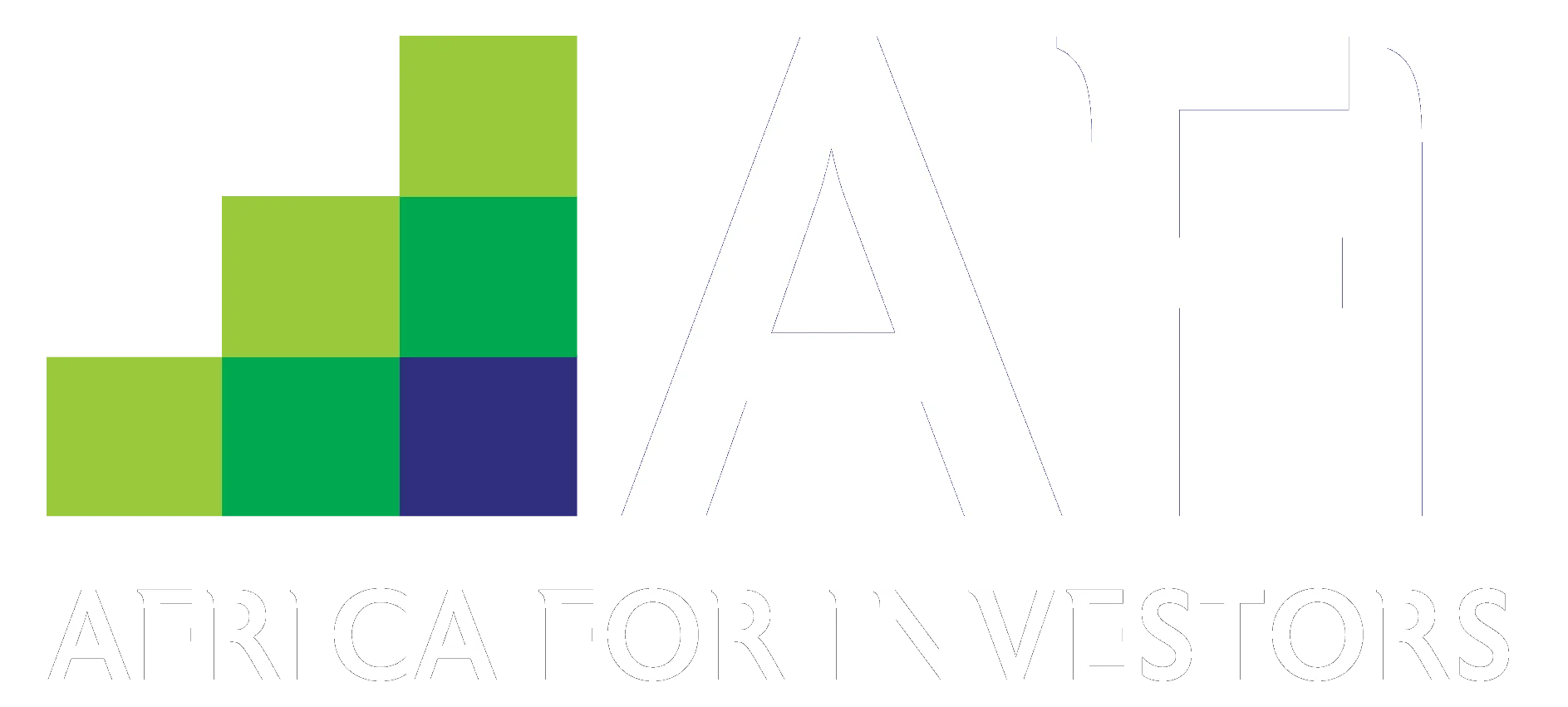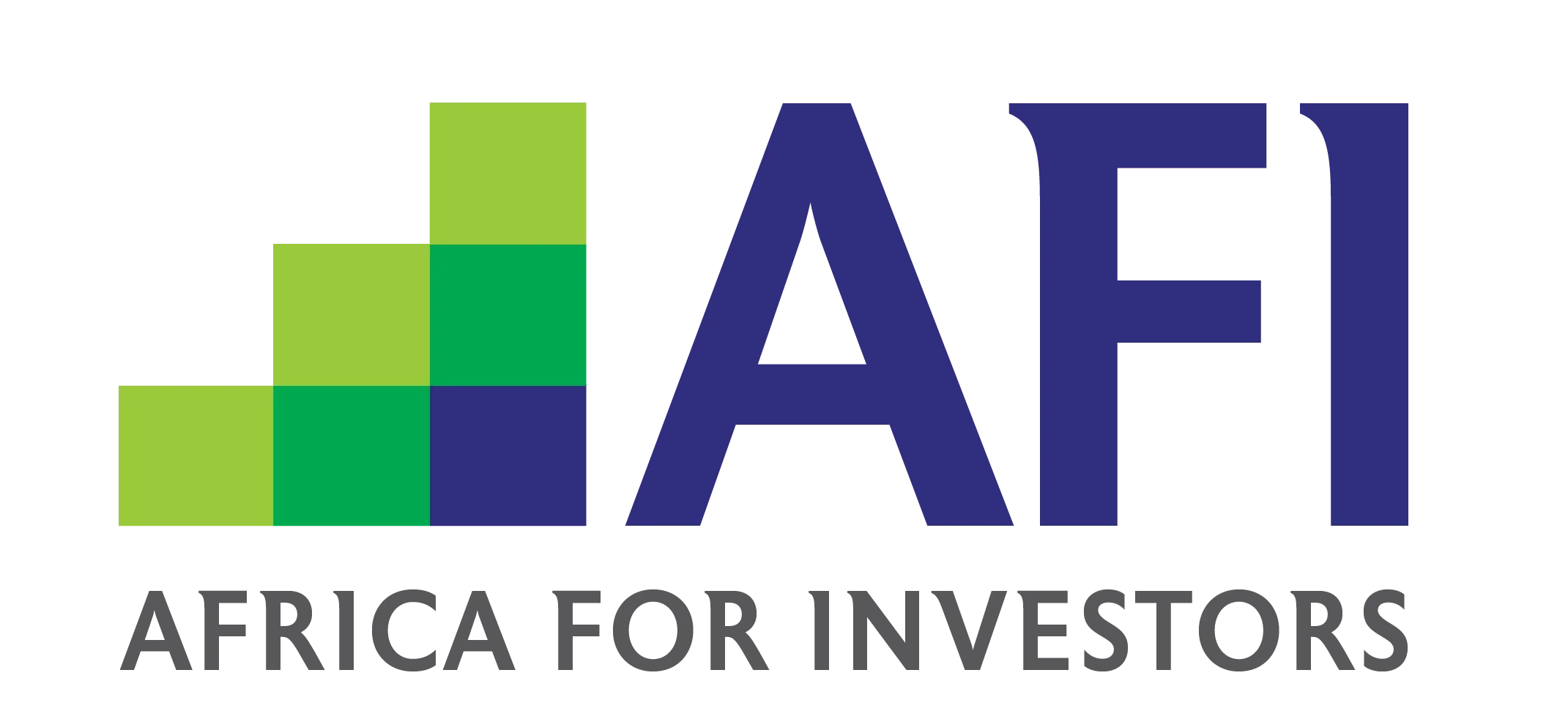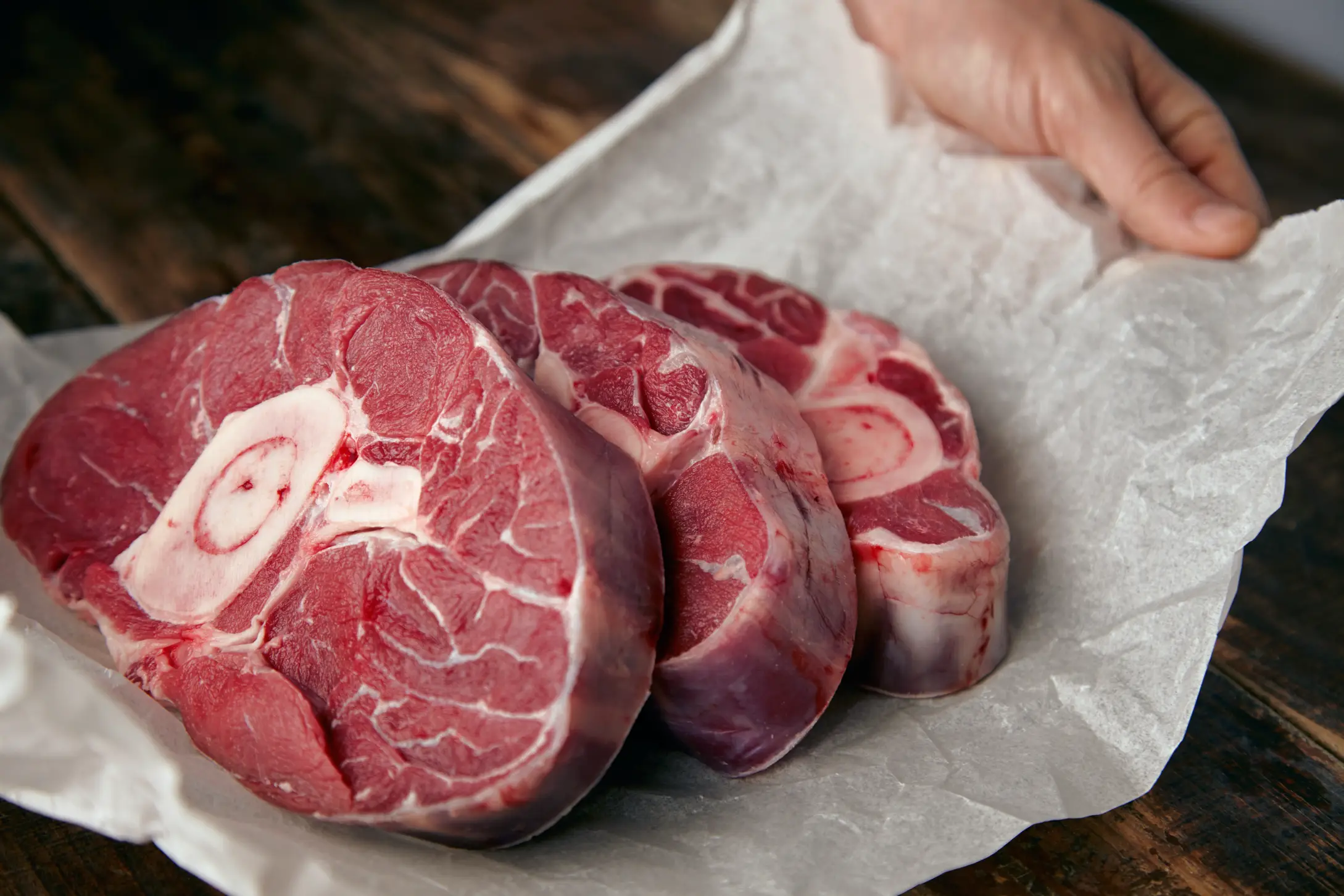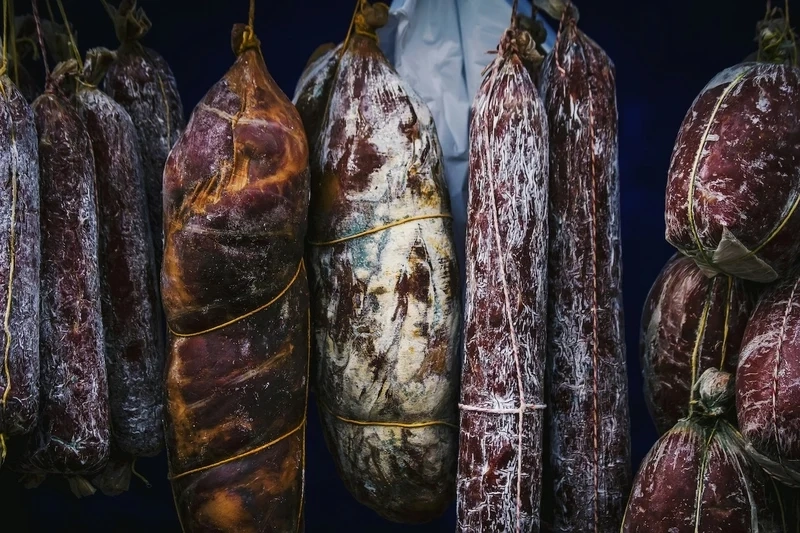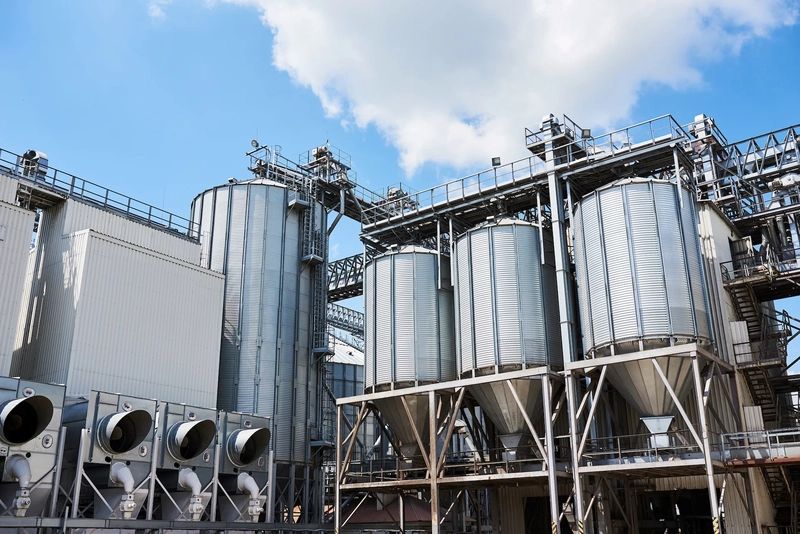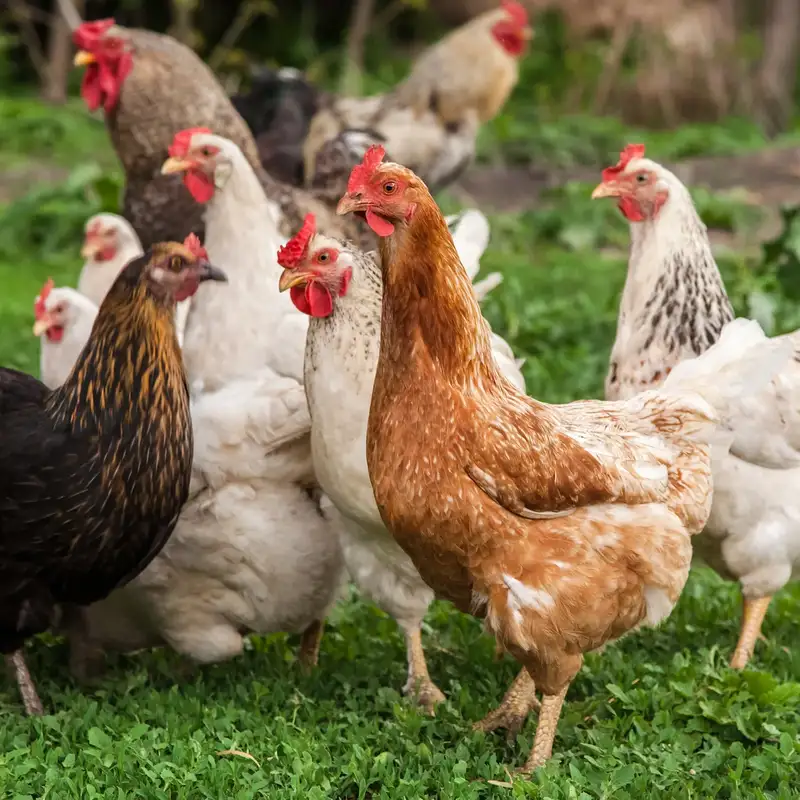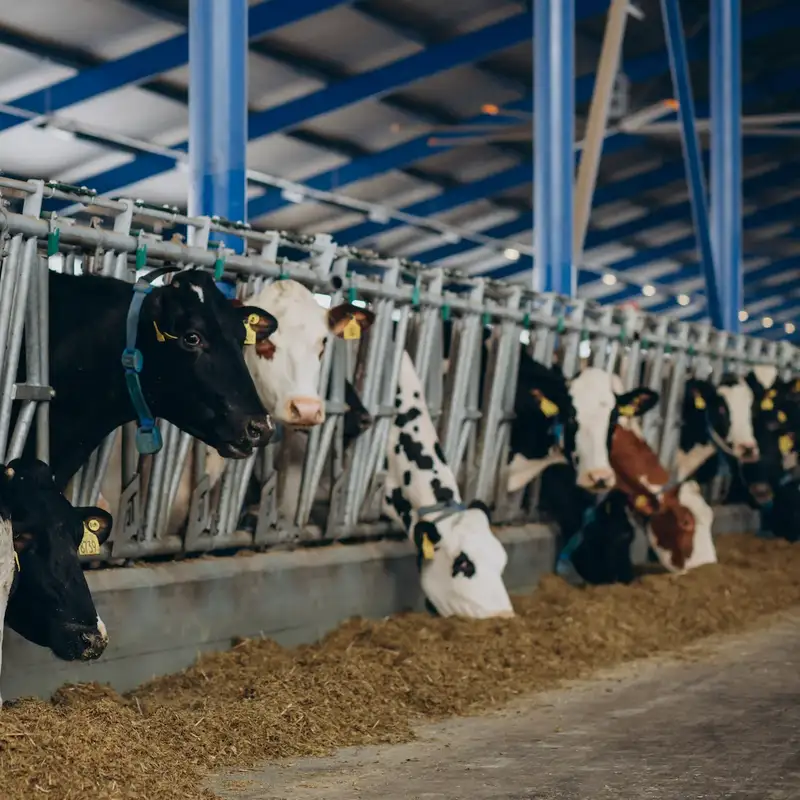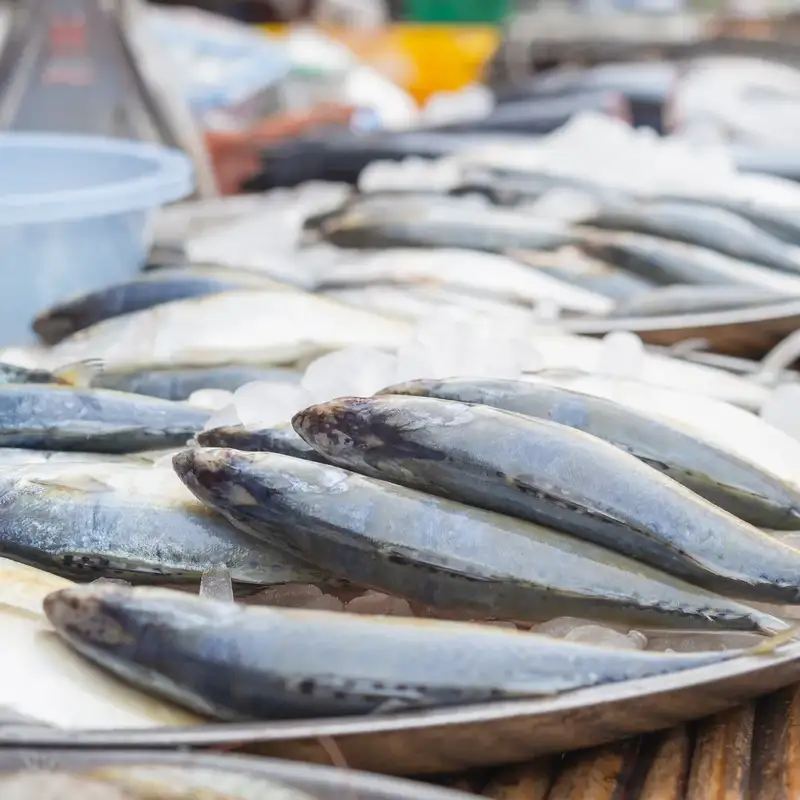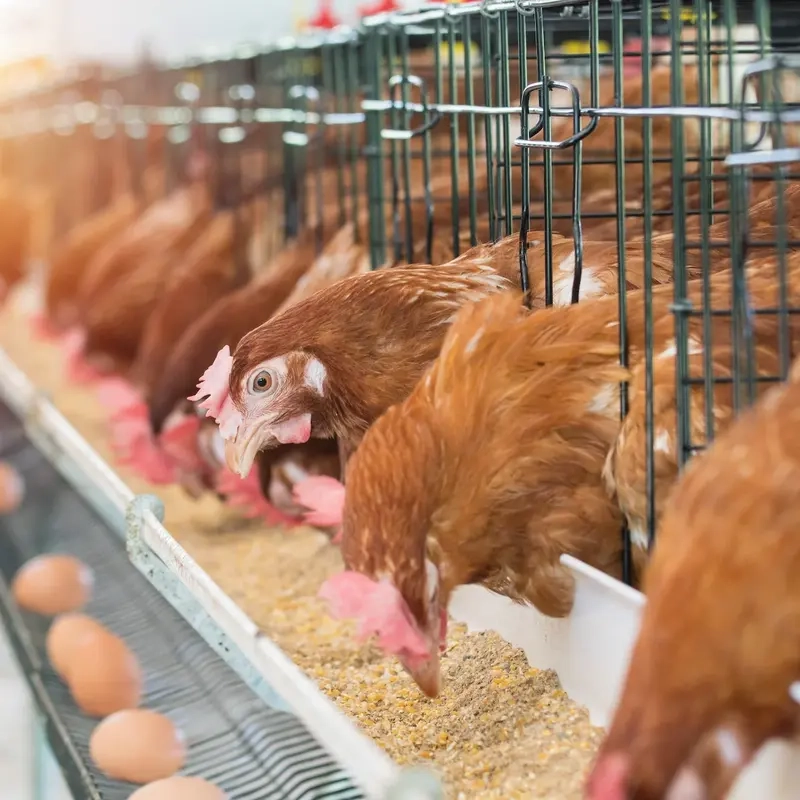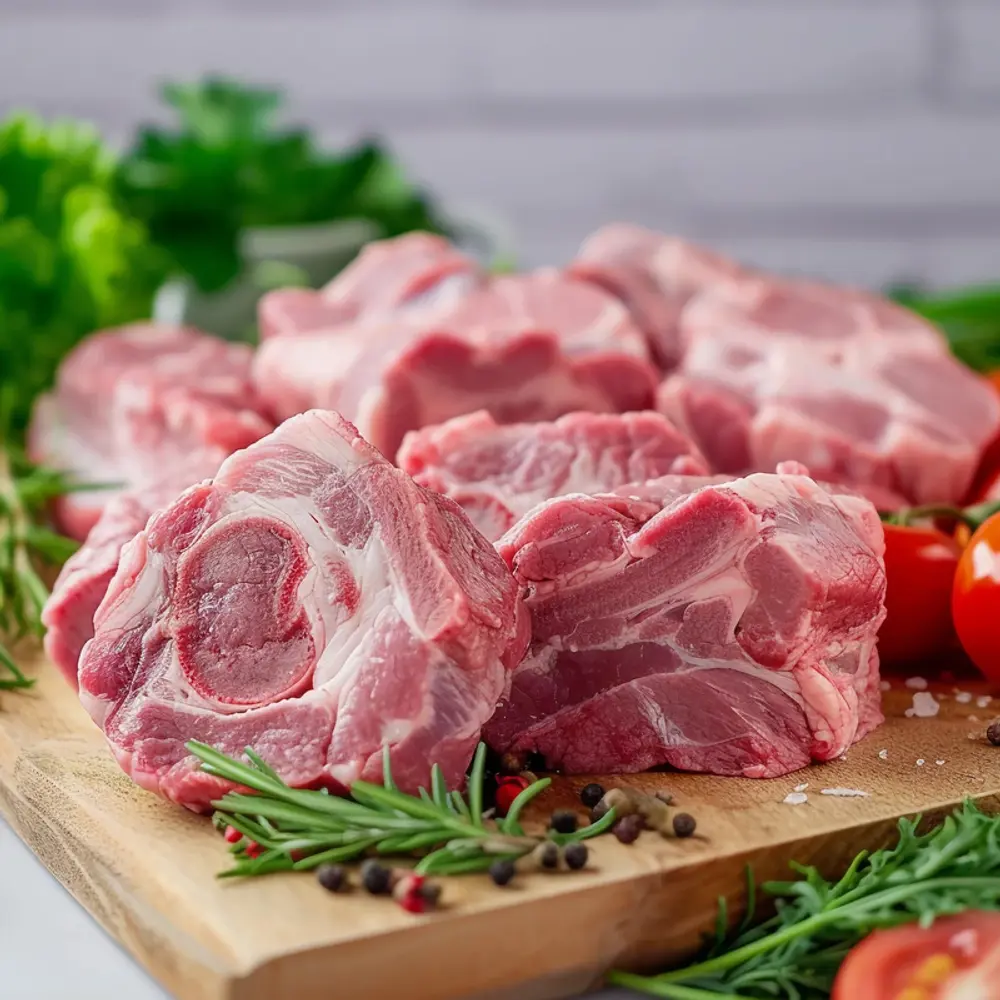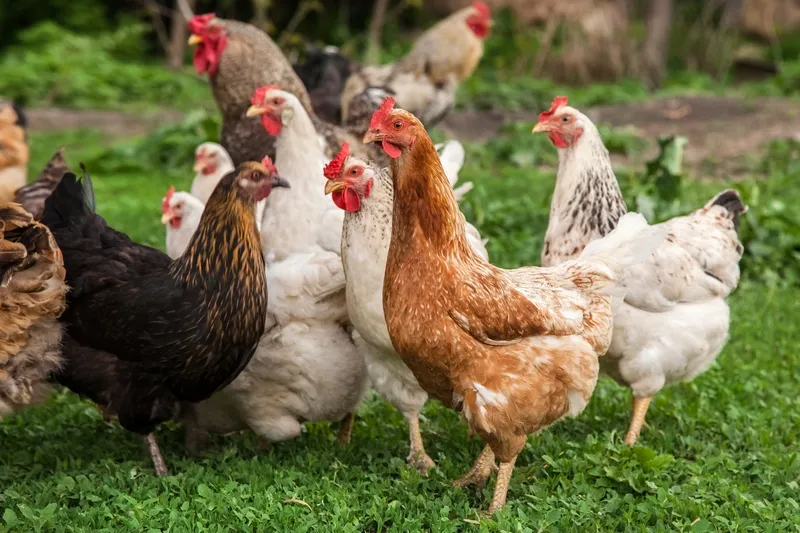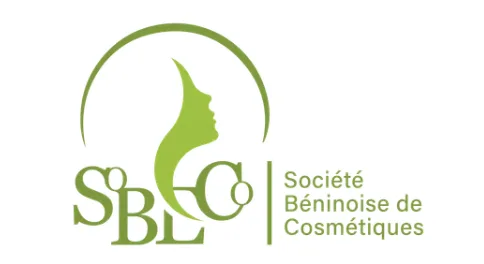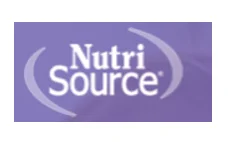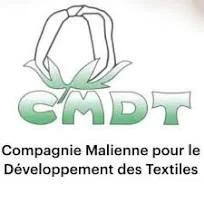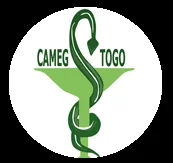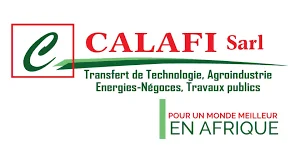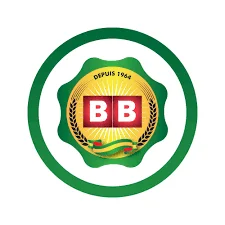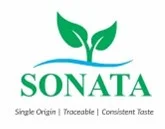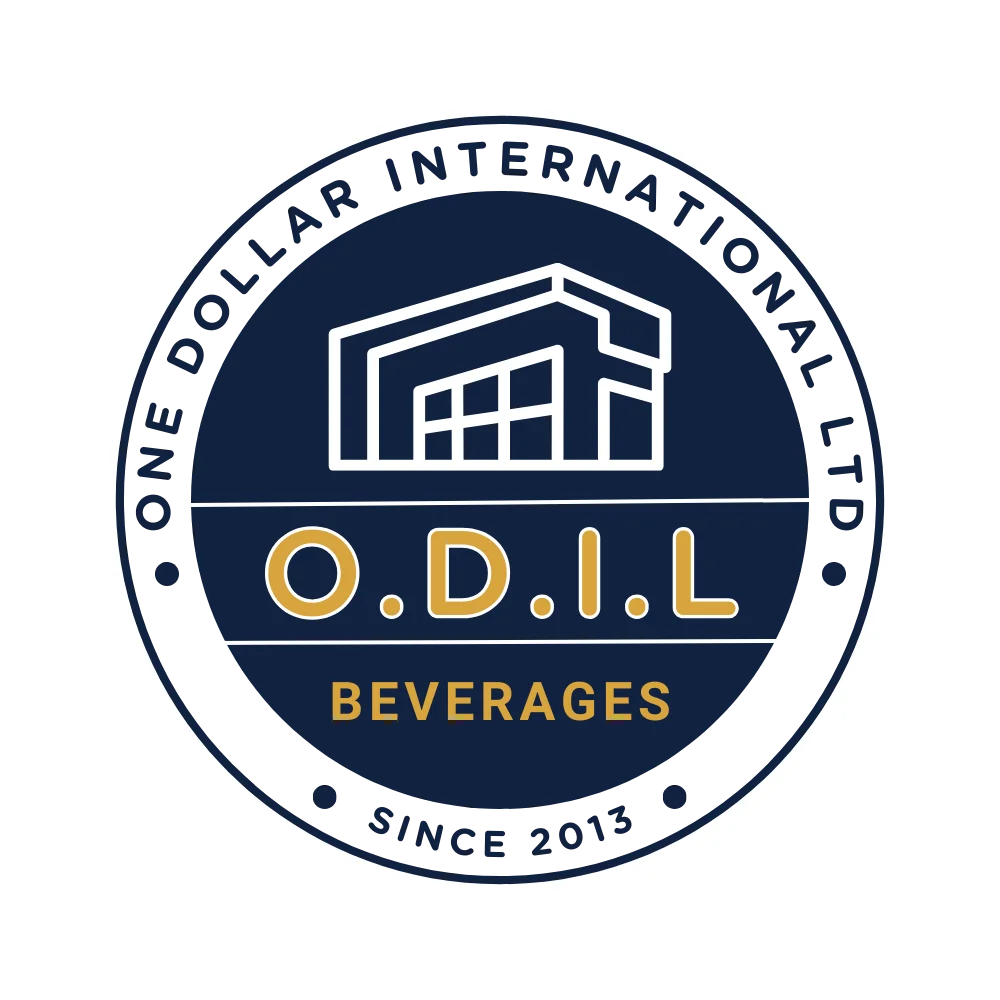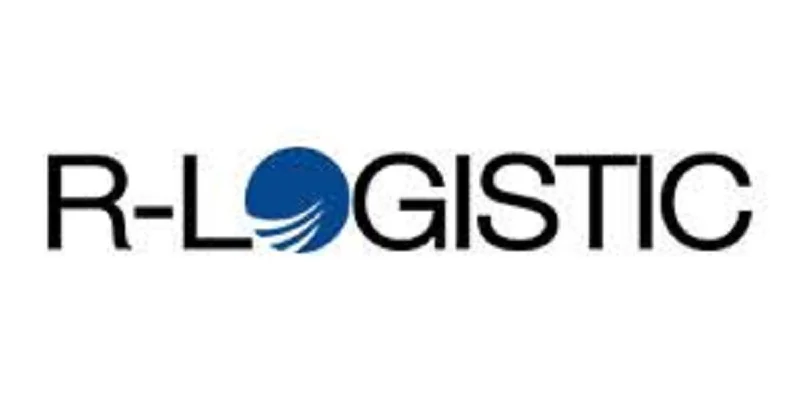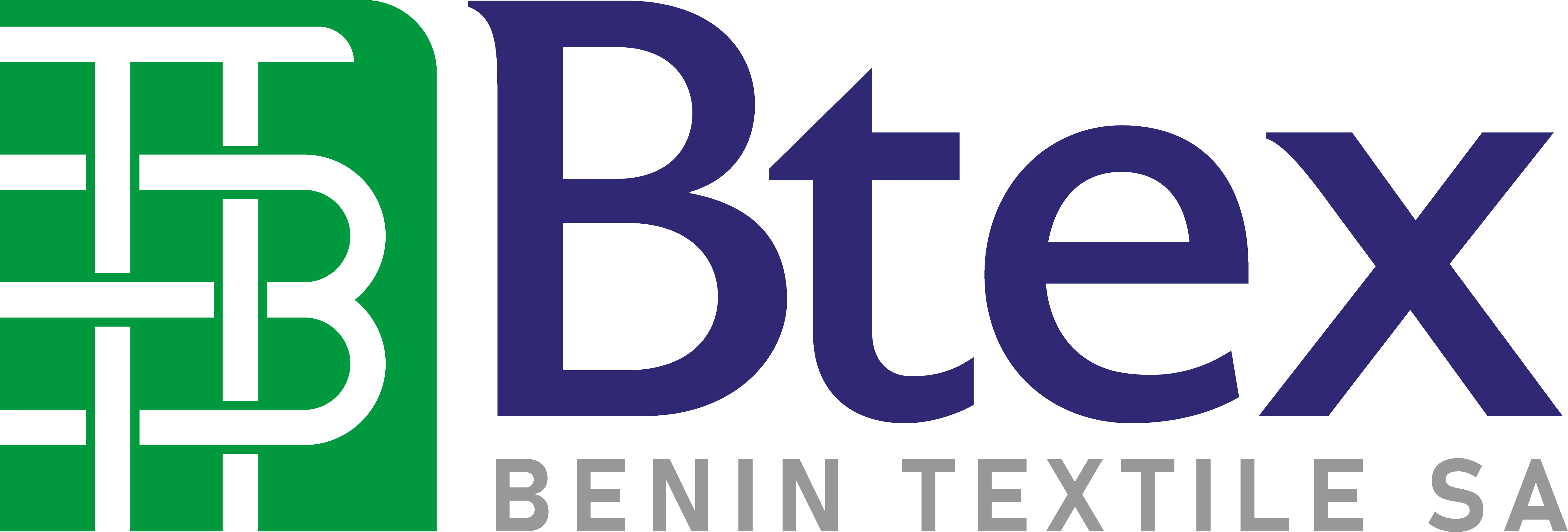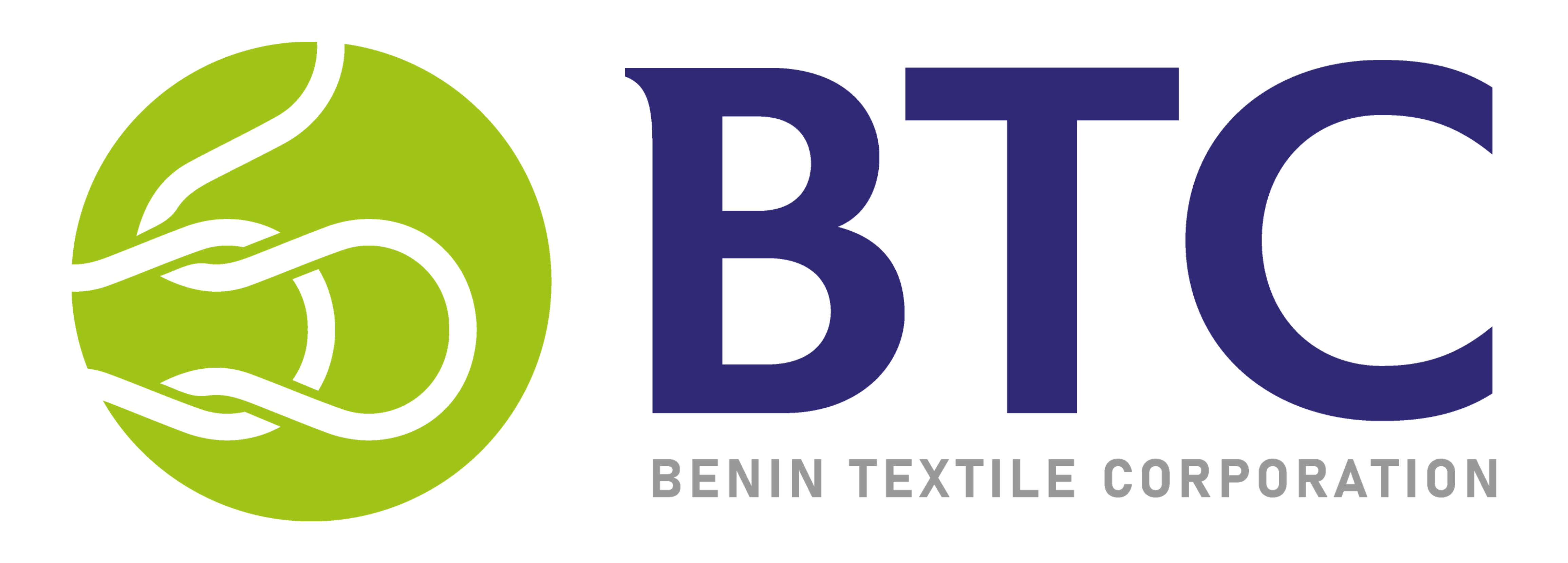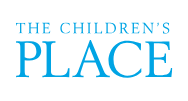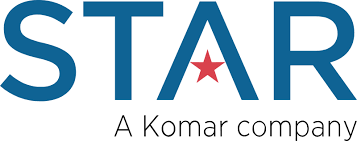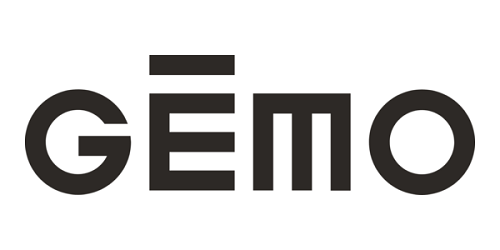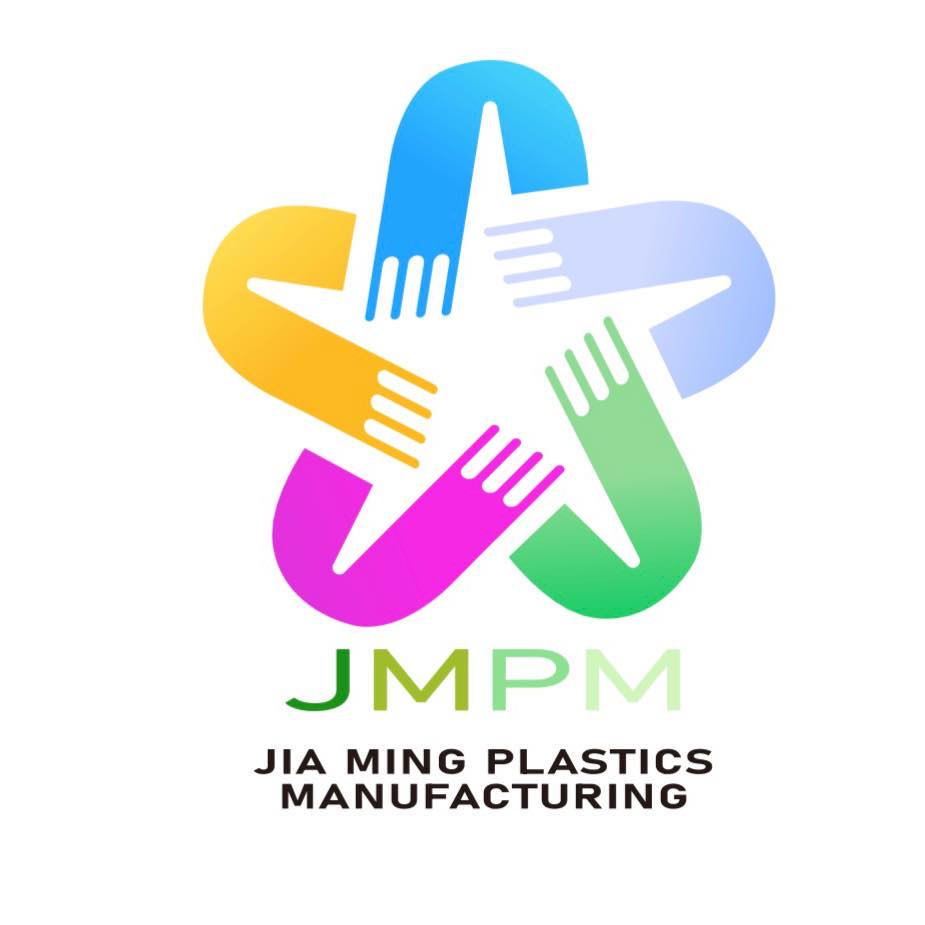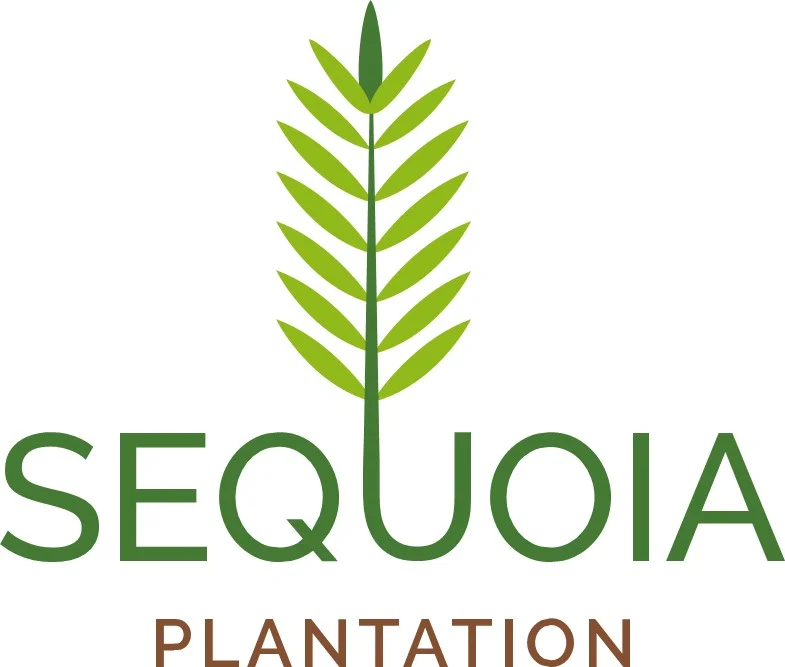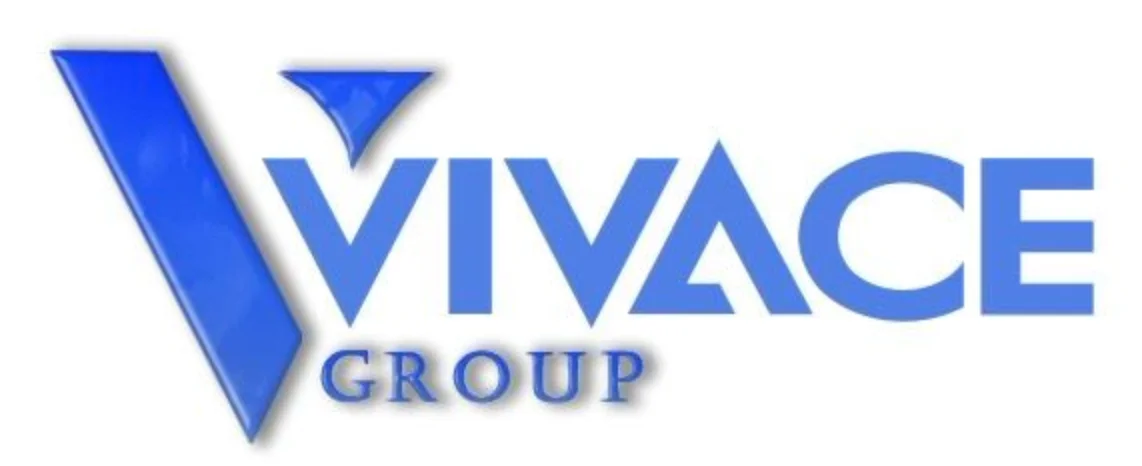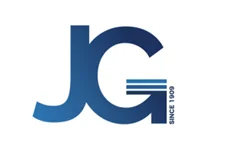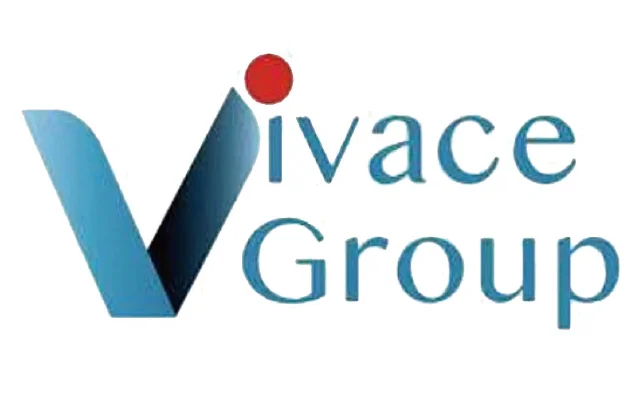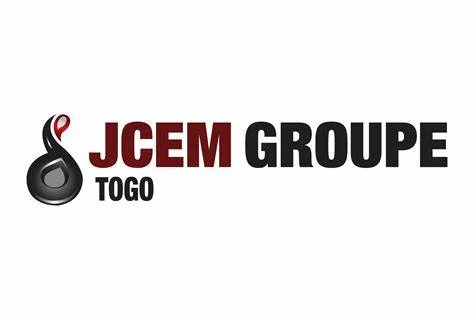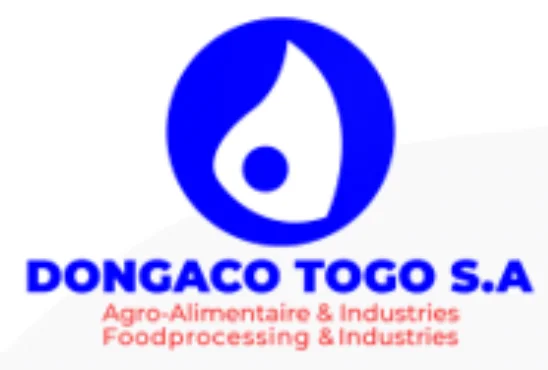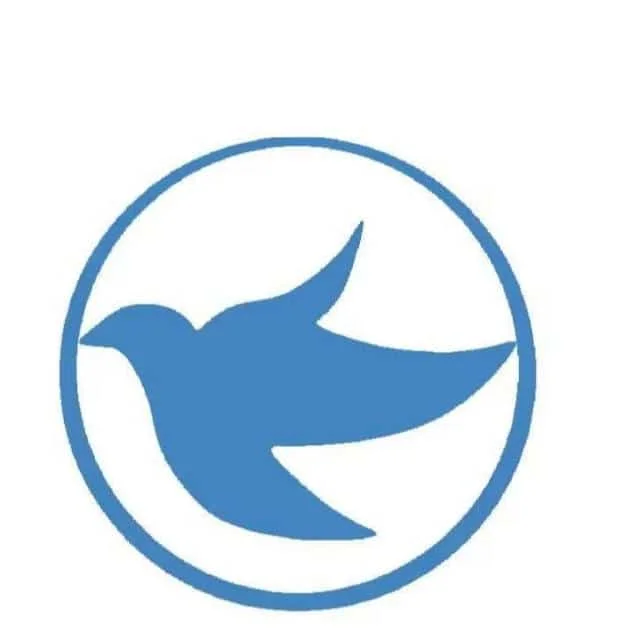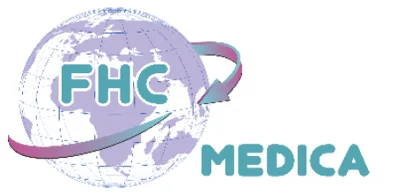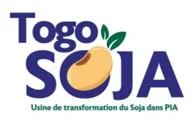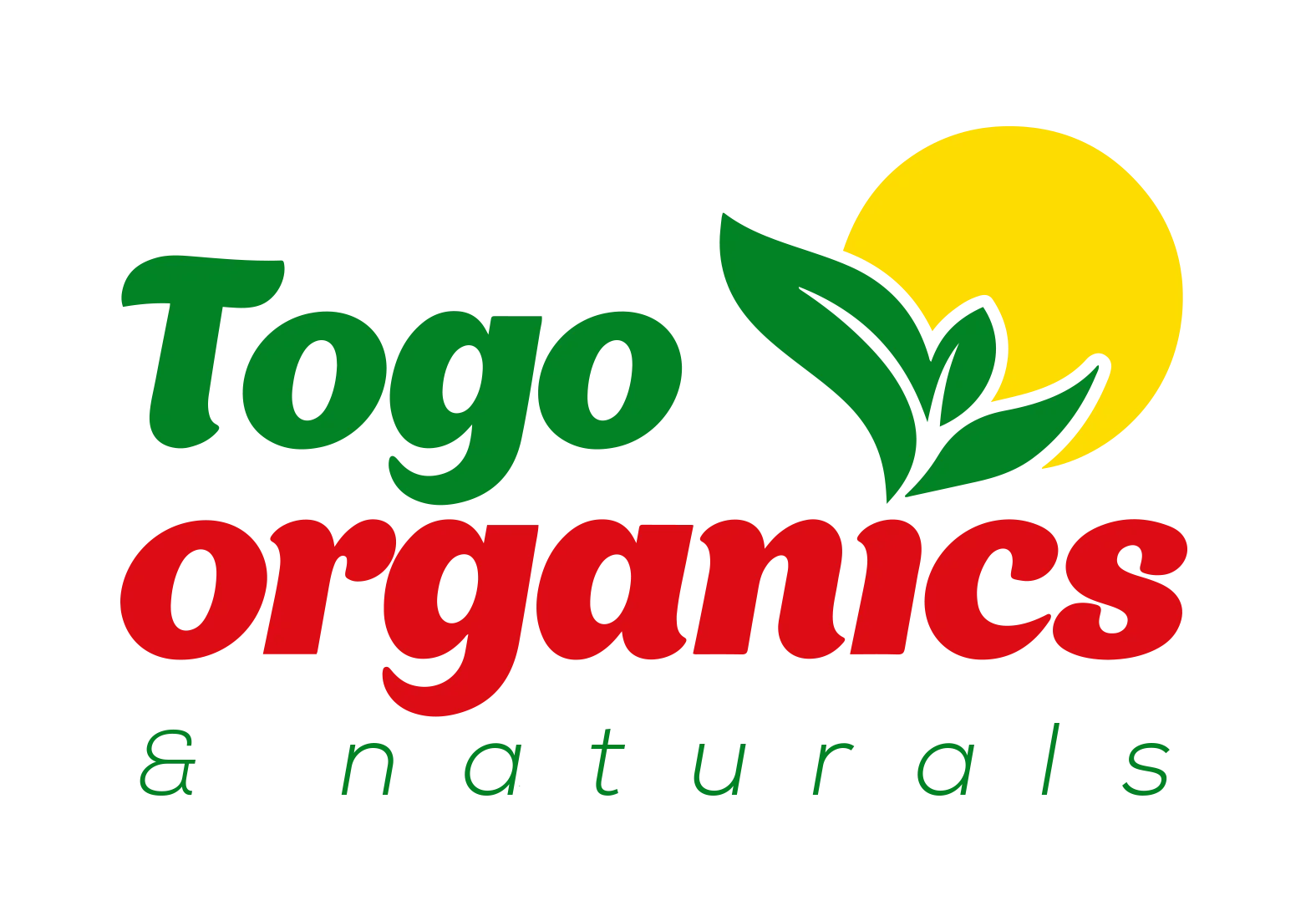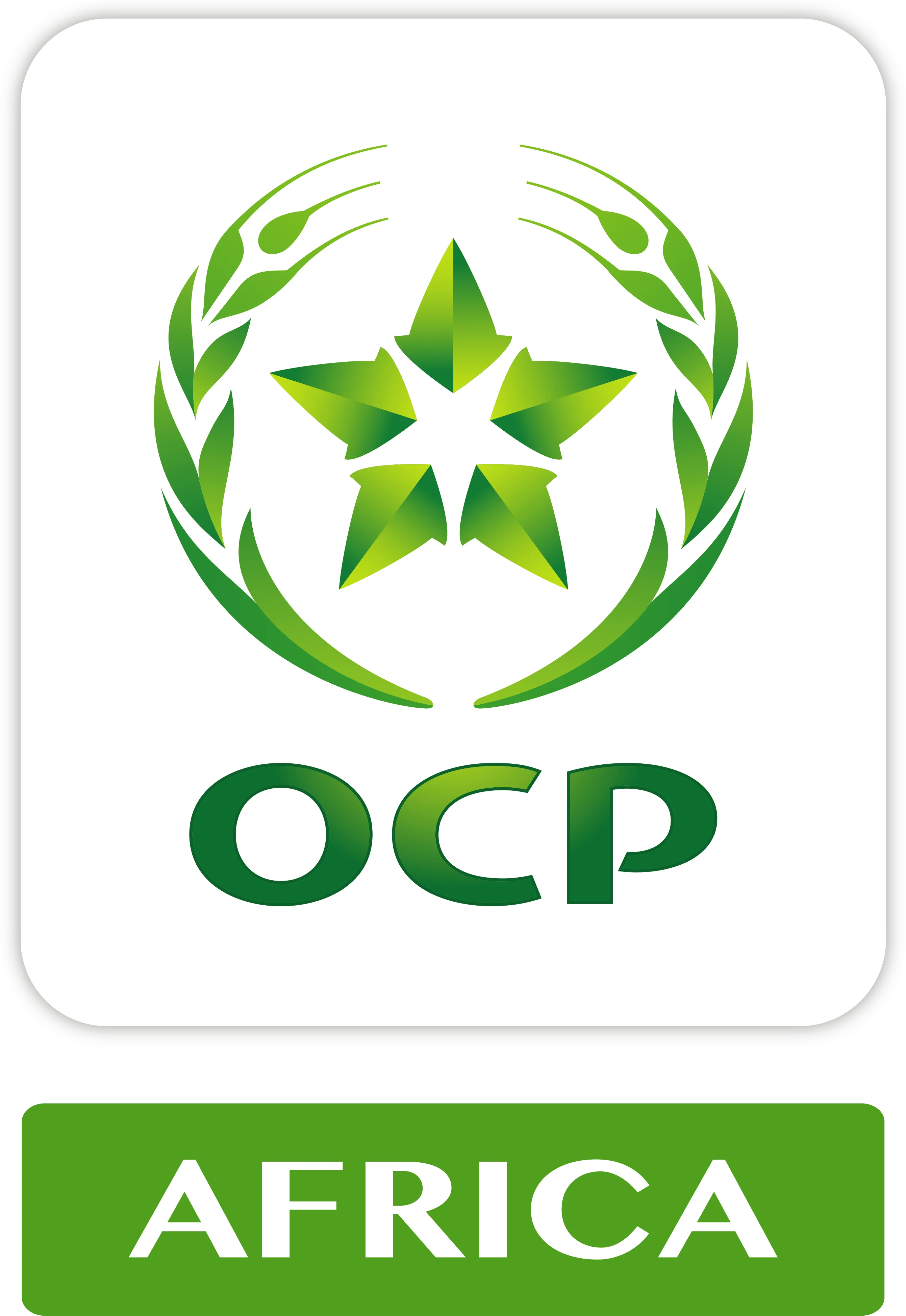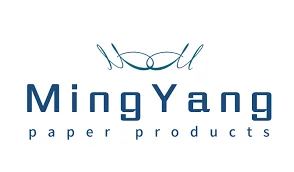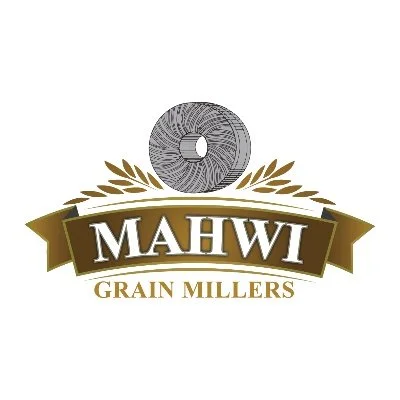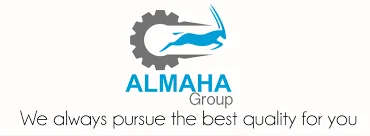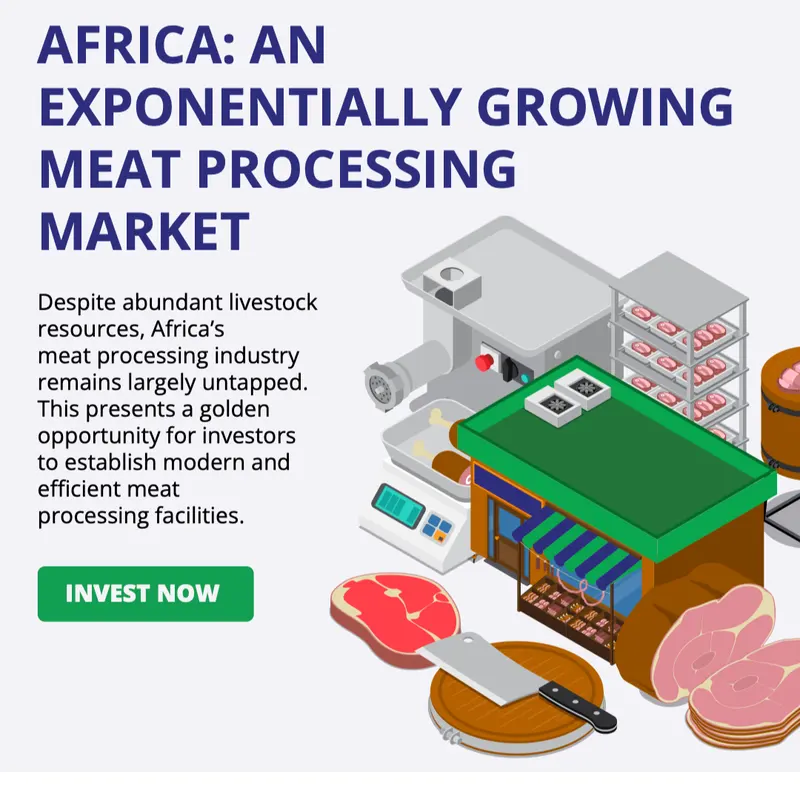Why should I consider investing in the meat processing industry in Chad?
Chad has one of the largest livestock populations in Central Africa, with over 94 million heads of livestock, yet its meat processing industry is underdeveloped. The growing demand for processed meat products in domestic and regional markets presents significant opportunities for investors to tap into a high-growth industry with access to abundant raw materials.
What is the availability of raw materials for meat processing in Chad?
Chad’s livestock sector includes over 33 million cattle, 27 million sheep, 30 million goats, and 4 million camels, providing a sustainable and abundant supply of raw materials for meat processing businesses.
Are there any government incentives for setting up a meat processing business in Chad?
Yes, the government of Chad offers various incentives for investors in the meat processing sector, including tax holidays of up to 10 years, exemptions from import duties on equipment, and the ability to repatriate 100% of profits.
What are the major challenges of setting up a meat processing business in Chad?
Key challenges include infrastructure limitations in some areas, logistical hurdles due to the country’s landlocked nature, and the need to ensure compliance with international food safety and quality standards for export markets. However, these challenges are mitigated within designated industrial zones like ZINDJAM, which offer modern infrastructure and support services.
Why should I choose ZINDJAM for my meat processing business in Chad?
ZINDJAM is a state-of-the-art industrial zone specifically designed for agro-industrial businesses, including meat processing. It offers world-class infrastructure, reliable utilities, and strategic access to both domestic and regional markets. ZINDJAM also provides support services, including logistics and waste management, to ensure smooth operations.
How can ZINDJAM help me with the logistics of exporting processed meat?
ZINDJAM is strategically located near major transport routes, including the Trans-Sahelian Highway, providing easy access to Central and West African markets. The zone also facilitates export logistics, including customs support and connections to ports in neighboring countries, making it easier to export processed meat to international markets.
What kind of support does ZINDJAM offer for new businesses?
ZINDJAM offers a range of support services for new businesses, including assistance with regulatory compliance, access to skilled labor, and business advisory services. The zone also provides a one-stop Single Window Clearance for investors to simplify the setup process, including obtaining permits and licenses.
What are the estimated setup costs for a meat processing business in ZINDJAM?
Setup costs vary depending on the scale and scope of the business. However, investors benefit from reduced costs due to the incentives provided by the government and the integrated infrastructure offered by ZINDJAM. A detailed cost analysis can be provided based on specific business plans. Consult with our meat processing specialist today to know more.
What is the expected return on investment (ROI) for a meat processing business in ZINDJAM?
The ROI for a meat processing business in ZINDJAM can range from 15-20%, depending on factors such as market demand, scale of operations, and efficiency. The growing demand for processed meat in Chad and neighboring countries, coupled with the cost efficiencies offered by ZINDJAM, contributes to attractive profit margins.
What are the key market opportunities for processed meat products from ZINDJAM?
Processed meat products from ZINDJAM can target both domestic markets, where demand is growing due to urbanization, and export markets in Central and West Africa, as well as the Middle East and Europe. The zone’s strategic location and export support services make it easier to reach these markets.
Can I leverage any export incentives while operating in ZINDJAM?
Yes, operating in ZINDJAM allows businesses to benefit from various export incentives offered by Chad’s government, including duty-free access to certain regional markets under trade agreements. The industrial zone also provides support for navigating export regulations and logistics.
